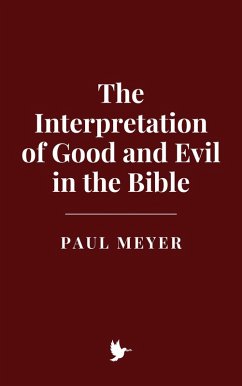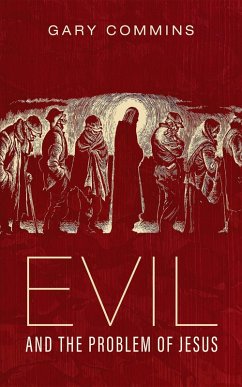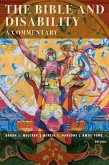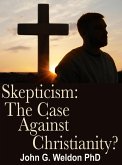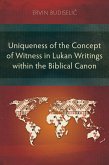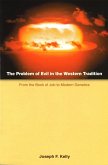The roots of the biblical narrative of good and evil trace back to the ancient Near East, a region steeped in mythological narratives and religious rituals that addressed the nature of chaos, morality, and divine order. Texts such as the Enuma Elish and the Epic of Gilgamesh present themes of struggle between order and chaos, life and death, justice and transgression. The Genesis creation account, particularly in the first three chapters, emerges in dialogue with these earlier myths but reframes them through the lens of monotheism. Unlike the Babylonian gods who achieve cosmic order through violent conflict, the God of Israel creates a harmonious world through speech and command, proclaiming creation "good" (tov), a Hebrew term connoting harmony, purpose, and divine blessing.
The narrative of Adam and Eve in the Garden of Eden introduces the moral complexity of good and evil by portraying humanity as both subject to and capable of making moral choices. Genesis 2:16-17 records God's command to Adam: "You are free to eat from any tree in the garden; but you must not eat from the tree of the knowledge of good and evil, for when you eat from it you will certainly die." This prohibition introduces the moral weight of obedience and disobedience, framing humanity's first encounter with the possibility of sin.
Dieser Download kann aus rechtlichen Gründen nur mit Rechnungsadresse in A, B, CY, CZ, D, DK, EW, E, FIN, F, GR, H, IRL, I, LT, L, LR, M, NL, PL, P, R, S, SLO, SK ausgeliefert werden.

